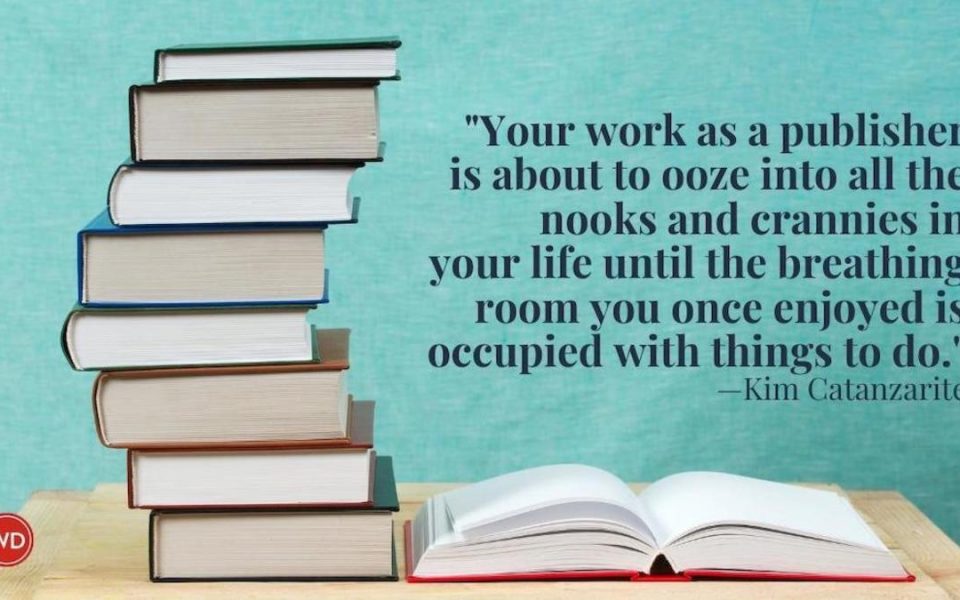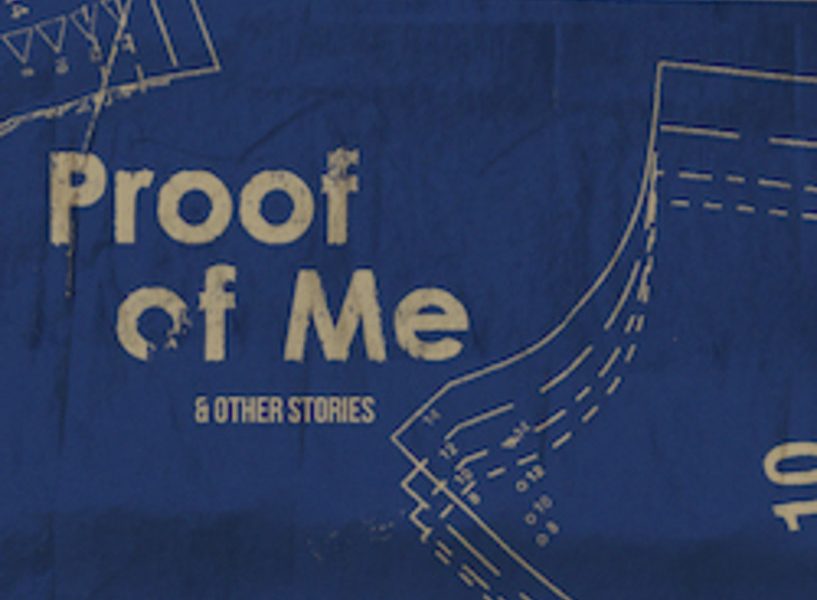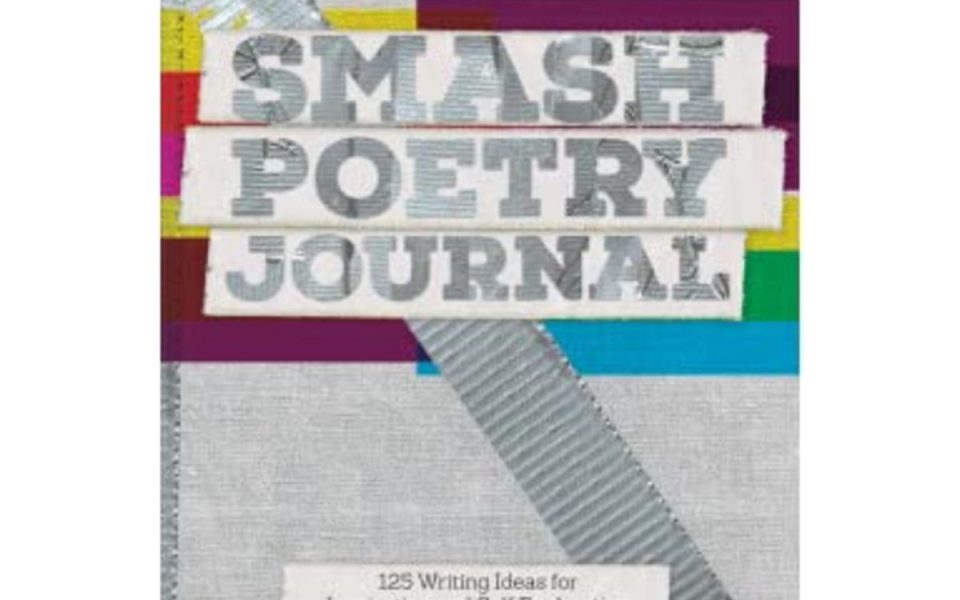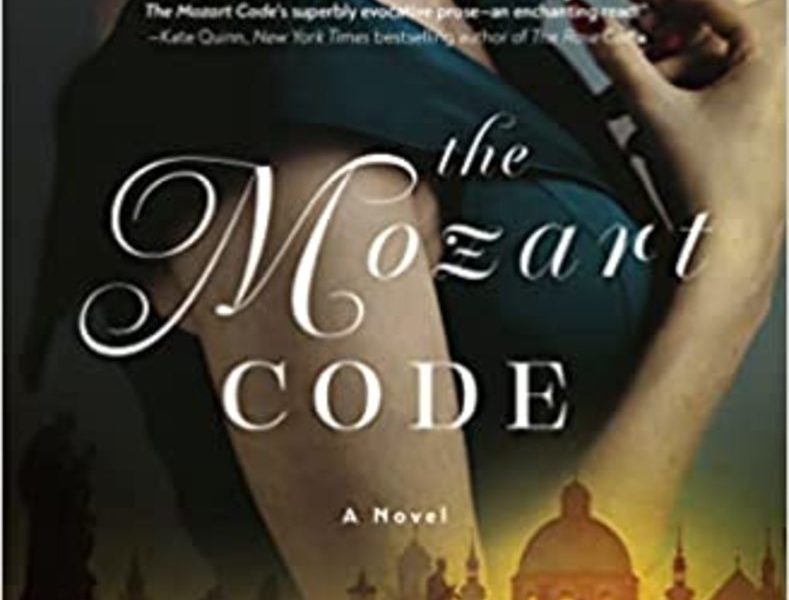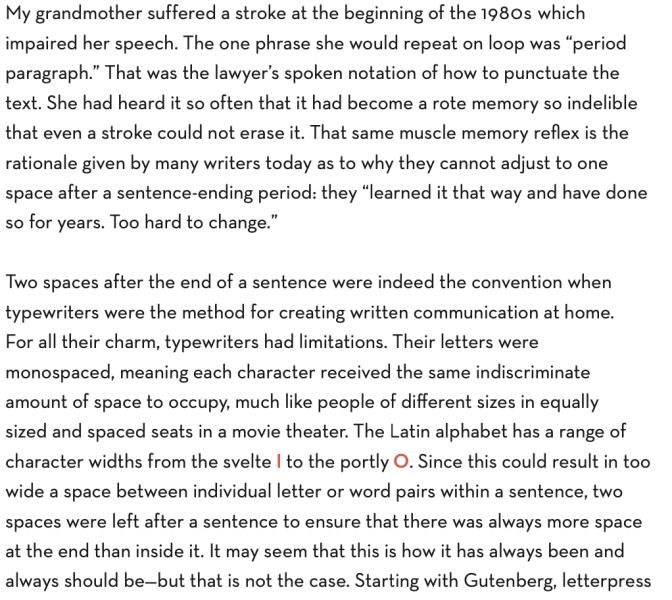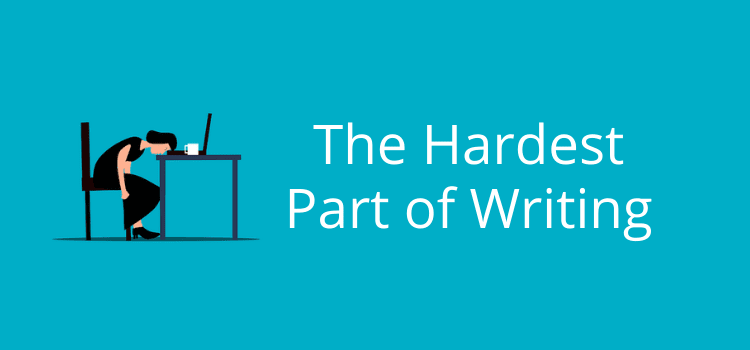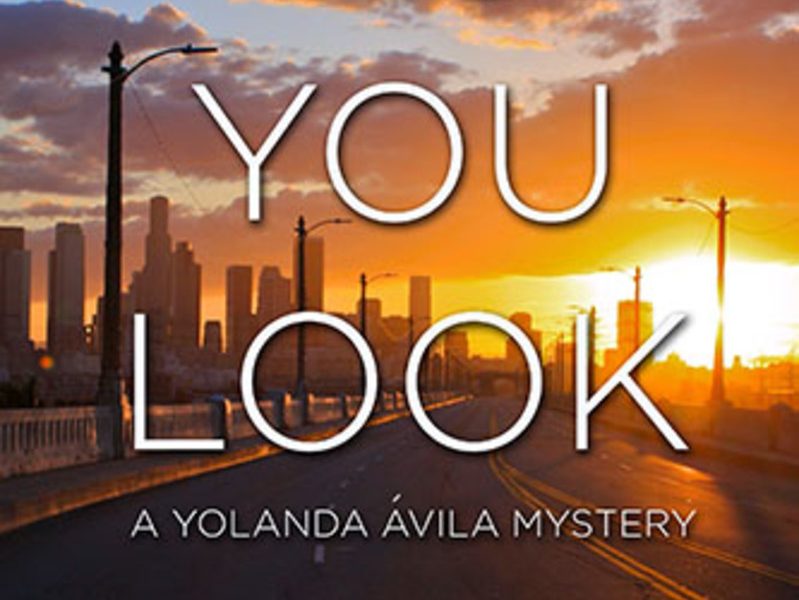Publications / 323 posts found
9 Ways Self-Publishing Changed My Life (and Will Change Yours Too)
As an editor and instructor who has a family and also writes novels “on the side,” I thought I was busy. Then I pressed the publish button and realized I hadn’t seen anything yet. Are you thinking about publishing that thriller, self-help book, or short story collection you’ve housed all safe and sound in your computer for years? Congratulations! That said, this is to warn you that once that book sees the light of day, your “normal” will hit the ground running and never look back. Your work as a publisher is about to ooze into all the nooks and […]
(Almost) Everything I Know About Writing Fiction I Learned From the Newspapers
The former Washington Post publisher Phil Graham once said that journalism is the “first rough draft of history,” and anyone who’s delved into newspaper archives in their local library knows this to be true. But perhaps journalism—and community journalism, in particular—has the potential to be a “first rough draft” of fiction. (4 Tips for Writing About Guilt in Fiction) When someone says “you can’t make this stuff up,” it’s because the strangest stuff is oftentimes true. Where else, but in the May 22, 1990, edition of the Lodi (Ca.) News-Sentinel, can you read about the fate of the Lady Flames […]
New Agent Alert: Tess Weitzner of Trident Media Group
Tess Weitzner graduated from Middlebury College with a B.A. in English and American Literature, concentrating in creative writing and minoring in Spanish. Previously, Tess interned at Henry Holt, The New England Review, Roaring Brook Press, and O/R Books, and was an archive research assistant for the author and journalist Charles Glass. At Trident Media Group, she assists CEO Dan Strone. Tess Weitzner (20 Literary Agents Actively Seeking Writers and Their Writing.) Currently Seeking Tess is also excitedly building her own list of authors. She is primarily drawn to literary fiction, narrative nonfiction, horror, and middle grade, and especially that which […]
Wednesday Poetry Prompts: 605
For today’s prompt, write a forgetful poem. This could take the form of a poem about forgetting an important anniversary or an item (like the keys to the house that you locked on the way out the door). Or play off memory myths like that an elephant never forgets. Or write about forget-me-not flowers. Or, well, I feel like I might be forgetting a few other options as well. Remember: These prompts are springboards to creativity. Use them to expand your possibilities, not limit them. Note on commenting: If you wish to comment on the site, go to Disqus to […]
The Rise of Closed-Door Romance
It’s almost ironic to talk about Closed-Door Romance on the heels of the second season drop of Netflix’s widely popular Bridgerton. In book and film form, Julia Quinn’s blockbuster series espouses romance for both the mental and physical senses. Heavy on the physical, if one engages between the pages of her familial threaded story and more viscerally pronounced on screen in moments of heightened passion. (3 Tips on How to Spark Romance in a Character Who Is Content With Being Single) Indeed, from the earliest iterations of romance from its peek-a-boo French Flaps highlighting a couple embracing to the shirtless […]
Typography Since the Typewriter
(Editor’s Note: Please enjoy this piece from Michael Arndt on typography since the typewriter. Understandably, Arndt is a little particular in how the fonts in this piece should display. However, our web platform, much like the typewriters mentioned in this piece, is a little limited in font options, so we’ve made images of his piece to retain style and formatting.) Learn more about Michael Arndt’s Snails & Monkey Tails: A Visual Guide to Punctuation & Symbols IndieBound | Amazon (Writer’s Digest uses affiliate links.) ***** No matter what type of writing you do, mastering the fundamentals of grammar and mechanics […]
Today’s a Good Day for a Fight
Moriah Richard is the managing editor at Writer’s Digest. Since obtaining her MFA in fiction, she has worked with over 100 authors to help them achieve their publication dreams. As a reader, she’s most interested in horror, fantasy, and romance, although she will read just about anything with a great hook. Beyond the page, she enjoys cooking, World of Warcraft, and playing endless hours of fetch with her golden retriever. Find Moriah on Twitter @MoriahRichard93.
The Hardest Part Of Writing Is Always The Beginning
For most writers, the hardest part of writing is right here. It’s the start, the beginning, the opening. It’s finding an idea, the first words, and the first sentence. All types of writing have a beginning, so it’s the same for every writer. You might be writing a book, an article, a poem, or an essay. Yes, they are very different writing projects. But they all start with a few words that can often be challenging to find. How to beat the hardest part Every writer learns how to overcome the dreaded blank page. It doesn’t matter if you use a […]
4 Tips for Writing About Guilt in Fiction
We’ve all felt it. Many of us have lived with it and some of us can’t live without it: Guilt, the gift that keeps on giving. But can it give us a good story? It can—if it forms the basis of a character’s actions, if it’s authentic, if it isn’t tied up in a pretty bow, and if it has consequences. (How To Bring Humor To Tough Topics) Tip #1: Make guilt the basis of a character’s actions. In her book, Story Genius, Lisa Cron examines the psychology of what pulls us into a story. One of these elements is […]

